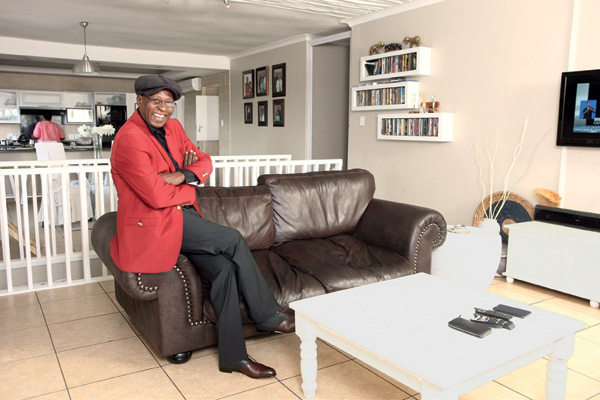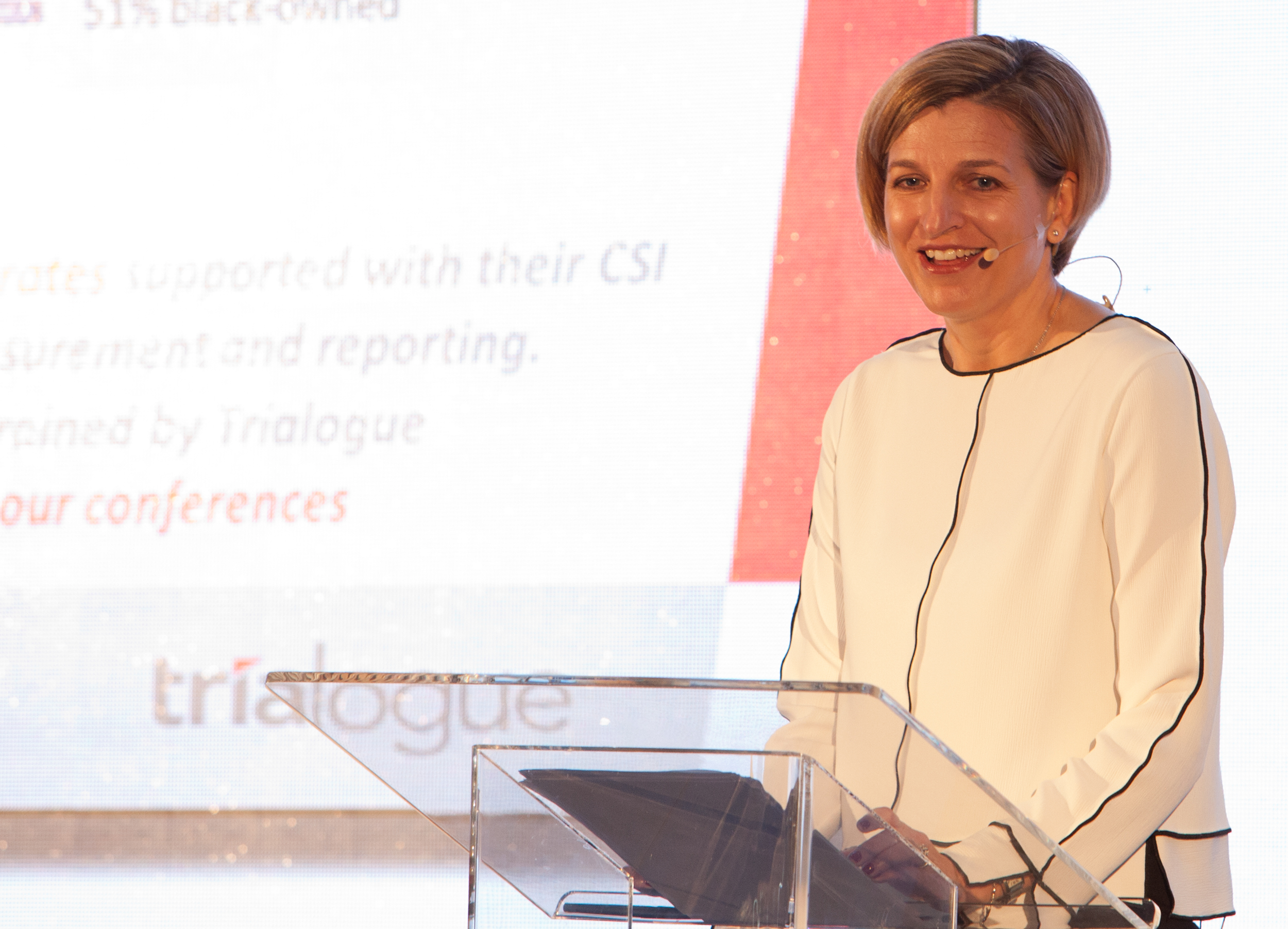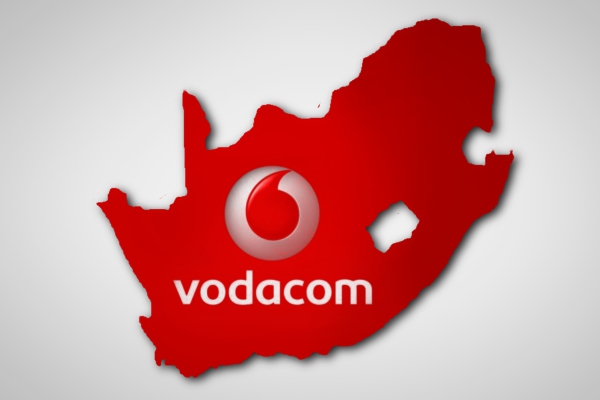Despite uncertainty and tougher trading conditions in almost every sector of the economy, corporate South Africa continues to demonstrate its commitment to corporate social investment (CSI).
CSI expenditure in South Africa was estimated to be worth R8.6 billion in 2016, significantly up from R2.9 billion in 2006.
This is according to Trialogue Director Cathy Duff, who was addressing delegates at the tenth annual Business in Society Conference, taking place in Johannesburg 16-17 May 2017. Discussing trends over the past 10 years, Ms Duff shared research in which 82 companies and 219 non-profit organisations participated in 2016.
Until 2013, Trialogue consistently found that total CSI expenditure was growing in real terms. In 2014 and 2015 however, CSI expenditure experienced negative growth in real terms, and growth was flat in 2016.
Increase in non-cash giving
Non-cash giving as a portion of total CSI spend increased over the 10 year period – from 6% in 2006 to 13% in 2016.
Product and service donations accounted for the vast majority of this. In 2016, 29 companies reported figures for these donations, equal to 19% of their total giving. By comparison, 11 companies quantified the value of their employees’ volunteering time, which accounted for less than 1% of total giving.
Geographic focus on economic hubs
CSI expenditure continues to be concentrated nationally (32% in 2009; 37% in 2016), in Gauteng (29% in 2009; 20% in 2016), and in the Western Cape (6% in 2009; 11% in 2016). In 2016, companies gave to an average of three provinces compared to four in 2015.
Only 13% of respondents reported international giving in 2016 and spent 4% of their CSI expenditure on such interventions.
Education key focus
Education continues to receive the most support, with over 90% of companies supporting the sector in 2016, and its share of CSI spend increasing from 33% in 2006 to 48% in 2016. It is followed by support for community development (17% of CSI spend in 2006; 15% in 2016) and health (which has received a declining share of spend – from 16% in 2006 to 9% in 2016).
Within education, most funding continues to go to school-level education (51% in 2016, 53% in 2007). Support for early childhood development has increased from 11% of education spend in 2007 to 17% in 2016.
Less funding to NPOs
Although NPOs remained the favorite channel through which corporates directed their CSI expenditure, the proportion of respondents giving to NPOs declined from a high of 100% in 2014 to 82% in 2016.
“For the first time, the proportion of CSI funding going to NPOs is below half of total spend (45%), significantly lower than in 2011 (57%).”
Corporate support for government institutions (including schools, universities, hospitals and clinics) increased in 2016 with 80% of corporates giving to these organisations, which received over a third of total CSI spend (34%). This was significantly up from 27% in 2011. Such support includes scholarships and bursaries.
Increase in volunteering
In 2007 less than half (46% of companies) had formal volunteering policies. In 2016, 70% of companies had a formal employee volunteering programme.
Company-organised volunteering initiatives were the most common type of initiative, with 84% of corporates running these in 2016, up from 52% in 2011. An average of 18% of employees participated in company-organised volunteering initiatives.
Leading companies
Anglo American has retained its position as the company perceived to be having the most developmental impact – and was rated first in 2007 and in 2016. Other companies that have been in the top 10 across the years include SAB, Old Mutual, MTN and Telkom.
More strategic CSI
Over the 10 year period companies have become more strategic in their social investment, which has become more closely aligned to the business and more focused. An increasing number of companies are aiming to achieve both social and business impact from their CSI expenditure.











